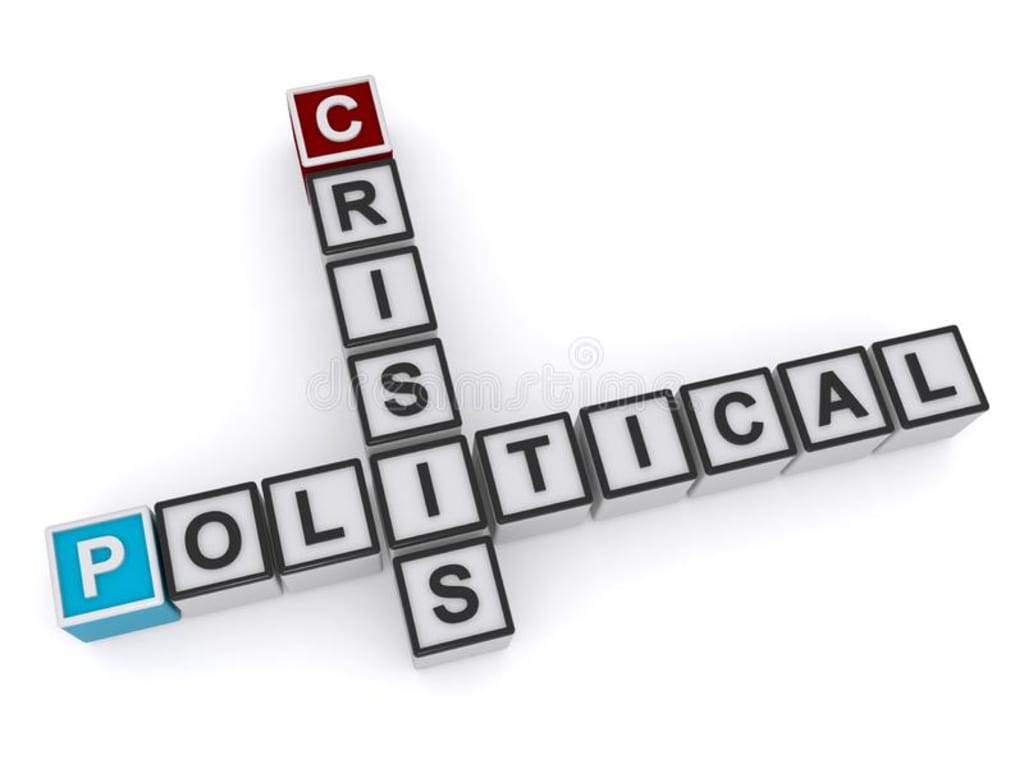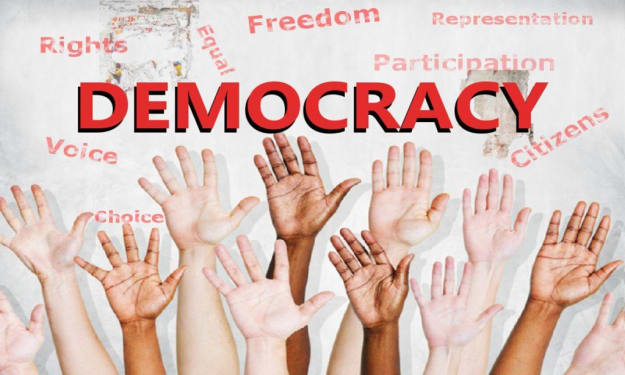Unraveling the Political Crisis: A Nation at the Crossroads
Crises

In the annals of history, political crises have often served as pivotal moments that shape the destiny of nations. These tumultuous periods test the resilience of political systems, challenge the fabric of societies, and leave lasting imprints on the collective memory of a people. In this article, we delve into the intricate web of a contemporary political crisis, exploring its causes, consequences, and the potential paths toward resolution.
Understanding the Roots:
The origins of a political crisis are often multifaceted, intertwined with socio-economic disparities, systemic corruption, governance failures, or ideological divisions. In this case, the nation finds itself at a crossroads, its political landscape marred by a combination of deep-seated grievances and a widening trust deficit between the government and its citizens.
A Faulty System:
At the heart of the crisis lies a flawed political system that fails to address the aspirations and needs of the populace. A lack of transparency, accountability, and inclusivity has eroded public trust, fueling disillusionment and frustration. Moreover, the concentration of power in the hands of a few has created an imbalance that undermines the principles of democracy.
Corruption and Inequality:
Corruption, like a cancer, permeates the political realm, exacerbating the crisis. Rampant embezzlement of public funds, bribery, and nepotism have not only eroded the economy but also deepened societal divisions. The chasm between the privileged few and the marginalized majority widens, fostering resentment and eroding social cohesion.
Polarization and Populism:
The crisis is further fueled by the rise of populism, a political approach that capitalizes on public discontent by simplifying complex issues and scapegoating marginalized groups. This divisive rhetoric intensifies societal polarization, hampering meaningful dialogue and impeding progress. The fracture lines within the society become glaringly apparent, as ideological camps dig in their heels, hindering the search for common ground.
Consequences of a Crisis:
A political crisis exacts a heavy toll on a nation, affecting its stability, economy, and social fabric. Foreign investors grow wary, exacerbating economic stagnation and unemployment rates. Disillusioned citizens express their grievances through protests, often resulting in violence and civil unrest. Trust in institutions erodes, leading to a breakdown of law and order. The once-promising future of the nation dims, as uncertainty and despair cast a long shadow.
Navigating the Path to Resolution:
To overcome a political crisis, a concerted effort is required from all stakeholders involved. A multi-pronged approach must be pursued to address the underlying issues that led to the crisis in the first place.
1. Rebuilding Trust and Transparency:
A fundamental step is to restore trust in political institutions. This requires a commitment to transparency, accountability, and inclusivity. Anti-corruption measures, robust checks and balances, and public participation mechanisms can help bridge the trust deficit and pave the way for meaningful reforms.
2. Inclusive Governance:
Addressing socio-economic disparities through inclusive governance is vital. Policies that prioritize social welfare, promote equitable economic growth, and provide equal opportunities can foster social cohesion and mitigate the grievances driving the crisis. It is imperative to listen to the concerns of marginalized communities and empower them in the decision-making process.
3. Strengthening Democratic Institutions:
Strengthening the pillars of democracy is crucial to prevent future crises. An independent judiciary, a free press, and a vibrant civil society serve as safeguards against abuse of power. Efforts should be directed toward reinforcing these institutions, protecting freedom of speech, and upholding the rule of law.
4. Dialogue and Reconciliation:
Meaningful dialogue between the government and opposition forces is essential to finding common ground
and forging a path forward. Compromise and reconciliation can help heal the divisions within society and foster a sense of unity. National reconciliation processes, truth and justice mechanisms, and the promotion of intergroup dialogue can facilitate this healing process.
Conclusion:
A political crisis is a formidable challenge that tests the resilience of a nation. However, it also presents an opportunity for transformative change. By addressing the root causes, rebuilding trust, and pursuing inclusive governance, nations can navigate the storm and emerge stronger than before. The path to resolution may be arduous, but the rewards are worth the effort—a revitalized democracy, a more just society, and a united nation ready to face the challenges of the future.





Comments
There are no comments for this story
Be the first to respond and start the conversation.